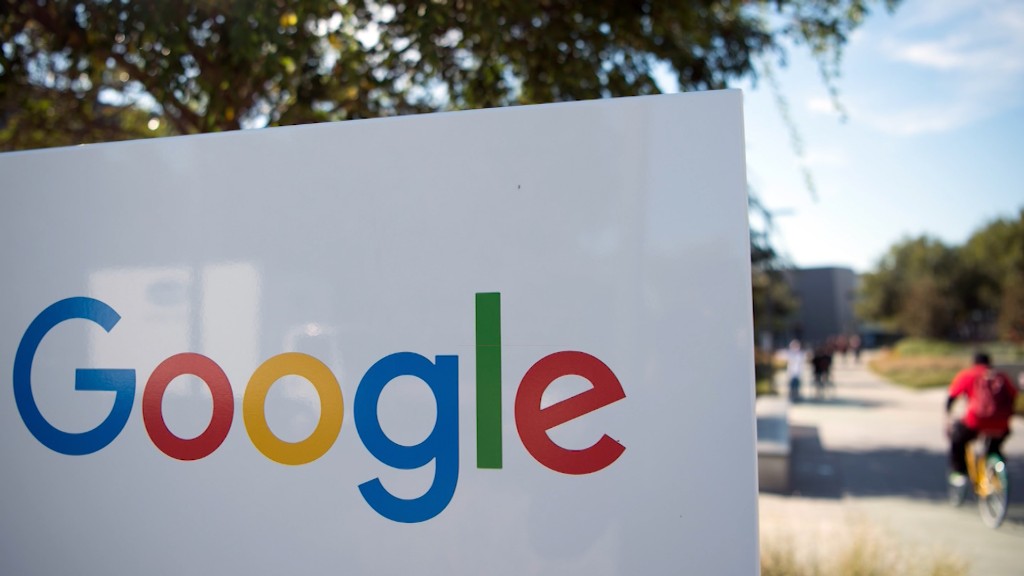
Google has been embroiled in controversy all week after an employee published a 3,300-word manifesto criticizing the company's diversity efforts.
The memo suggested women may lag behind men in top tech positions because women are less assertive and more neurotic. It ignited a fierce debate inside and outside the company. The author has since been fired.
But while Google (GOOGL) deals with one PR crisis over sexism and diversity, it faces allegations from a powerful body: the U.S. government.
The Department of Labor sued Google in January to get the company to turn over compensation data on its employees. The lawsuit was filed in the final days of the Obama administration.
A regional director at the Labor Department later testified that the agency found a "systemic" problem of Google underpaying women.
Google has said it "vehemently" disagrees with that conclusion and called it an "unfounded statement." The company says it has analyzed the data and found it has "no gender pay gap."
The government lawsuit, combined with the backlash to the engineer's memo, highlights the tremendous scrutiny Google is under.
Related: Engineer behind controversial manifesto is out at Google
It's not alone. The Labor Department has also gone after Oracle (ORCL) and Palantir for hiring discrimination and pay disparities. The Palantir case has since been settled. Google's case is ongoing.
The data request is part of an audit into Google's equal opportunity hiring practices, which is required because of the company's role as a federal contractor.
Google has argued the data request for job and salary histories could be a risk to employee privacy and would be too costly for the company. The Labor Department has taken particular issue with the latter point, stressing that Google is one of the most profitable businesses in the world.
"Google has announced with great public fanfare that it has a $150 million plan to address diversity issues," the department's Office of Federal Contract Compliance Programs (OFCCP) said in one court filing. "Given this spending, Google cannot now plead poverty."
Last month, a court handed Google a win by narrowing the scope of employee data the government can demand from the company for this case. That includes not pulling information from employees dating all the way back to Google's founding in 1998.
A judge ruled that the OFCCP should not engage in a "willy-nilly search anywhere and everywhere for practices that might be causing a disparity in the compensation data."
Related: Labor Department goes after big tech for discrimination
Eileen Naughton, Google's VP of people operations, wrote in a blog post after the decision that Google would "comply with the remainder of the order" once the decision becomes final.
The company will "provide the much more limited data set of information the judge approved, including the contact information for a smaller sample of up to 8,000 employees," she wrote.
A spokesperson for the Labor Department told CNN Tech on Wednesday that there is no change as of now in its investigation following the controversy over the memo.
The push to scrutinize these labor practices could also lessen as the Trump administration gets further along. Alexander Acosta was confirmed as Labor secretary in late April.
Even if the government moves on from the Google case, the company may still be fighting issues about pay.
One San Francisco lawyer, James Finberg, says his office has been contacted by about 70 female employees at Google in just the past few weeks with complaints about pay inequality, promotions and job assignments.
Finberg says he first became interested when reading through transcripts from the Labor Department investigation. He expects to file a lawsuit in the next few weeks.
Google declined to comment on Finberg and directed CNN Tech to Naughton's blog post.
-- CNN's Cheri Mossberg contributed to this report.

